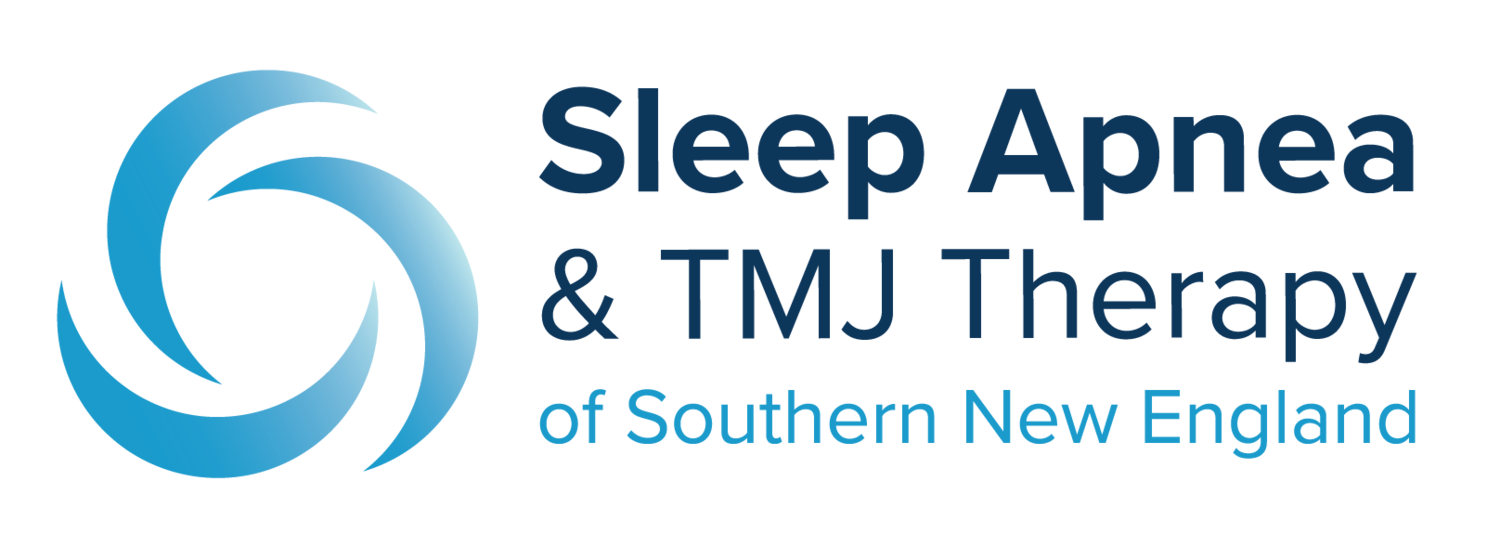Many people know that cardiovascular disease, commonly referred to as heart disease, remains a deadly affliction, both in the United States and around the world.
What people might not know is that obstructive sleep apnea is also very common, affecting an estimated 34% of men and 17% of women, and if left untreated, is also very deadly.
So what is obstructive sleep apnea?
Sleep apnea causes breathing to repeatedly stop and start during sleep. There are several types of sleep apnea, but the most common is obstructive sleep apnea. This type of sleep apnea occurs when your throat muscles intermittently relax and block your airway during sleep. A noticeable sign of obstructive sleep apnea is snoring.
Obstructive sleep apnea is found in half of patients suffering from cardiovascular disease and the numbers are increasing. Obstructive sleep apnea has been associated with many different forms of cardiovascular disease including hypertension, stroke, heart failure, coronary artery disease, and atrial fibrillation.
The good news is there is a solution, two actually.
A recent article in the Journal of Dental Sleep Medicine finds that oral appliance therapy can have a beneficial effect on the cardiovascular disease found in patients with obstructive sleep apnea, improving blood pressure and left ventricular function, a measure of how well your heart is pumping, and endothelial function (endothelial cells release substances that control relaxation and contraction of the blood vessels as well as enzymes that control blood clotting, immune function and platelet adhesion).
While both CPAP therapy and the oral appliance therapy might produce similar results with reduction in blood pressure, CPAP is not a comfortable fit for all patients. This results in less people using the CPAP on a nightly basis, which leads to limited effectiveness in real life for these patients.
There is an alternative to the CPAP. At Sleep Apnea Therapy of Southern New England, our mission is to manage obstructive sleep apnea through the use of custom-fit mandibular advancement devices, what we call ‘dental devices’.
These dental devices - similar to a mouthguard for people who grind their teeth - help keep your air passages open and help you get a good night’s sleep.
We work closely with dentists, physicians, and sleep specialists to provide personalized care for patients who are CPAP intolerant or do not require CPAP assistance. These are an excellent option for people who are not comfortable with CPAP. Studies have demonstrated similar effectiveness between CPAP and oral appliance therapy, even in patients with moderate-to-severe obstructive sleep apnea.
To learn more, ask your doctor for a referral, learn more information on our website at www.sleepri.com, email us at info@sleepri.com or call 401-848-5252.
A healthy sleep means a happy life.

